Peace lilies are beautiful indoor plants. They have shiny green leaves. They also produce lovely white flowers. Caring for a peace lily is not hard. Here, you will learn how to care for your peace lily plant.
Understanding Peace Lily
Peace lilies are not true lilies. They belong to the family called Araceae. They are popular houseplants. They can grow well in low light. These plants are also known for cleaning the air. They help remove toxins from the air.
Light Requirements
Peace lilies prefer bright, indirect sunlight. Direct sunlight can harm their leaves. If the leaves turn yellow, they may get too much sun. Place your peace lily near a window. But make sure it does not get direct light. If the light is too low, the plant may not bloom.
Watering Your Peace Lily
Watering is very important for peace lilies. They like moist soil but not soggy soil. Check the soil with your finger. If the top inch feels dry, it is time to water. Use room temperature water. Water until it drains from the bottom. This helps the roots grow strong.
Signs Of Overwatering
Overwatering can harm your peace lily. Signs of overwatering include:
- Yellow leaves
- Wilting leaves
- Root rot
If you notice these signs, stop watering. Let the soil dry out before watering again.
Signs Of Underwatering
Underwatering can also hurt your plant. Signs of underwatering include:
- Brown leaf tips
- Drooping leaves
- Dry soil
If you see these signs, water your plant. Make sure to give it enough water.
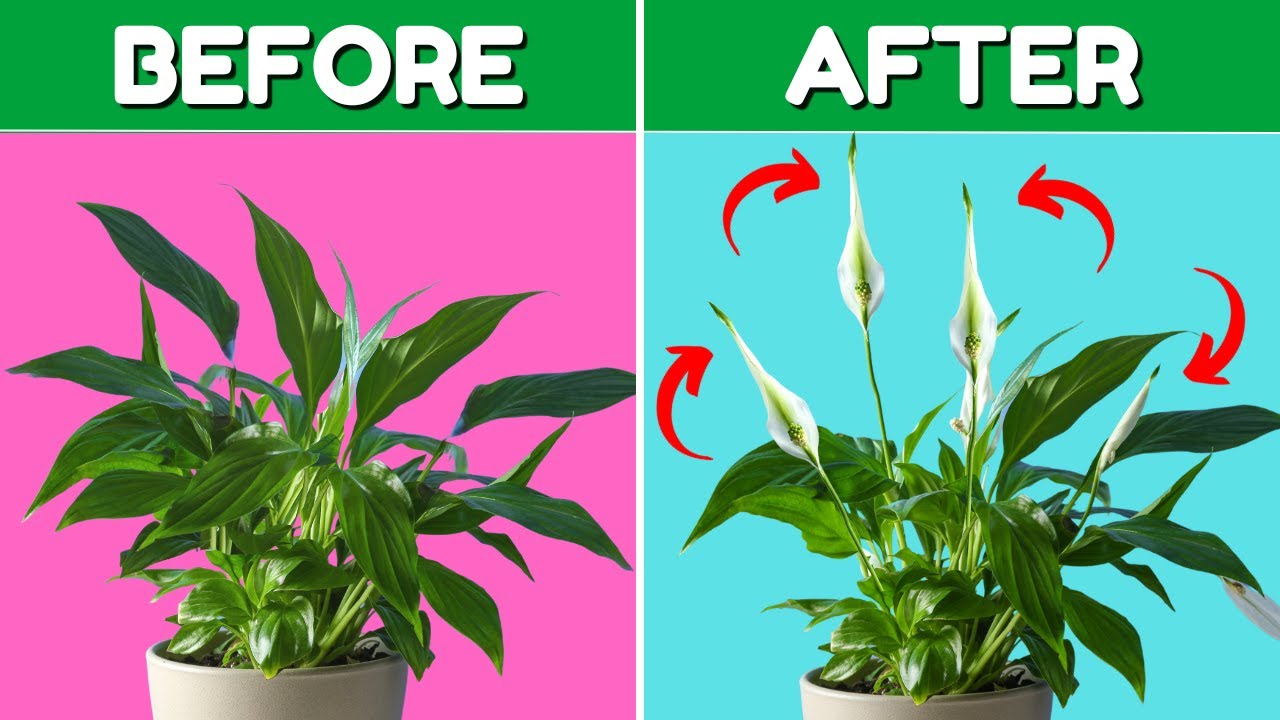
Credit: www.youtube.com
Humidity and Temperature
Peace lilies love humidity. They enjoy a humid environment. If your home is dry, your plant may suffer. You can increase humidity by:
- Using a humidifier
- Placing a tray of water near the plant
- Grouping plants together
The ideal temperature for peace lilies is between 65°F and 85°F. Avoid placing them near cold drafts or heaters. This helps keep them healthy and happy.
Fertilizing Your Peace Lily
Fertilizing helps your peace lily grow. Use a balanced liquid fertilizer. Apply it every 6 to 8 weeks during spring and summer. Do not fertilize in fall and winter. The plant needs rest during these months.
How To Fertilize
Follow these steps to fertilize:
- Mix fertilizer with water as per instructions.
- Water your peace lily with the mixture.
- Make sure the soil is moist before fertilizing.
Repotting Your Peace Lily
Repotting is important for healthy growth. Do this every 1 to 2 years. Choose a pot that is one size bigger. Use fresh potting soil. Repot in spring when the plant starts to grow.
How To Repot
Here are steps to repot:
- Gently remove the plant from the old pot.
- Loosen the roots if they are crowded.
- Place the plant in the new pot.
- Add fresh soil around the roots.
- Water the plant well after repotting.
Common Problems
Peace lilies can face some problems. Here are common issues and solutions:
Yellow Leaves
Yellow leaves usually mean overwatering. Check the soil moisture. If it is too wet, reduce watering.
Brown Leaf Tips
Brown tips often mean the air is too dry. Increase humidity around the plant. Use a humidifier or water tray.
Flowers Not Blooming
If your peace lily is not blooming, it may need more light. Move it to a brighter spot. But avoid direct sunlight.
Pruning Your Peace Lily
Pruning keeps your peace lily looking good. Remove yellow or brown leaves. Use clean, sharp scissors. Cut near the base of the stem. This helps the plant stay healthy.
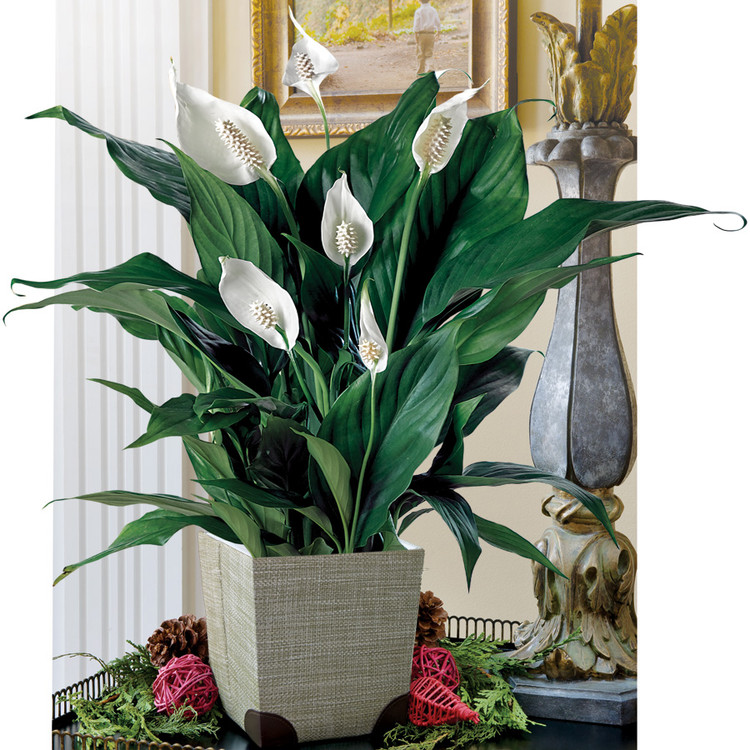
Credit: beatyourneighbor.com
Pest Control
Peace lilies can attract pests. Common pests include spider mites and mealybugs. Check your plant regularly. If you see pests, act quickly.
How To Remove Pests
Here are steps to remove pests:
- Wipe leaves with a damp cloth.
- Use insecticidal soap if needed.
- Make sure to cover all leaves.
Additional Tips for Peace Lily Care
Here are some extra tips to keep your peace lily healthy:
- Dust the leaves regularly to keep them clean.
- Keep the plant away from pets and small children.
- Monitor the plant for any signs of distress.
Conclusion
Caring for a peace lily plant is simple. Remember to provide the right light and water. Keep the humidity high and fertilize regularly. With proper care, your peace lily will thrive. It will also bring beauty to your home.
Enjoy your gardening journey. Peace lilies can be a great addition to your indoor space. Happy planting!





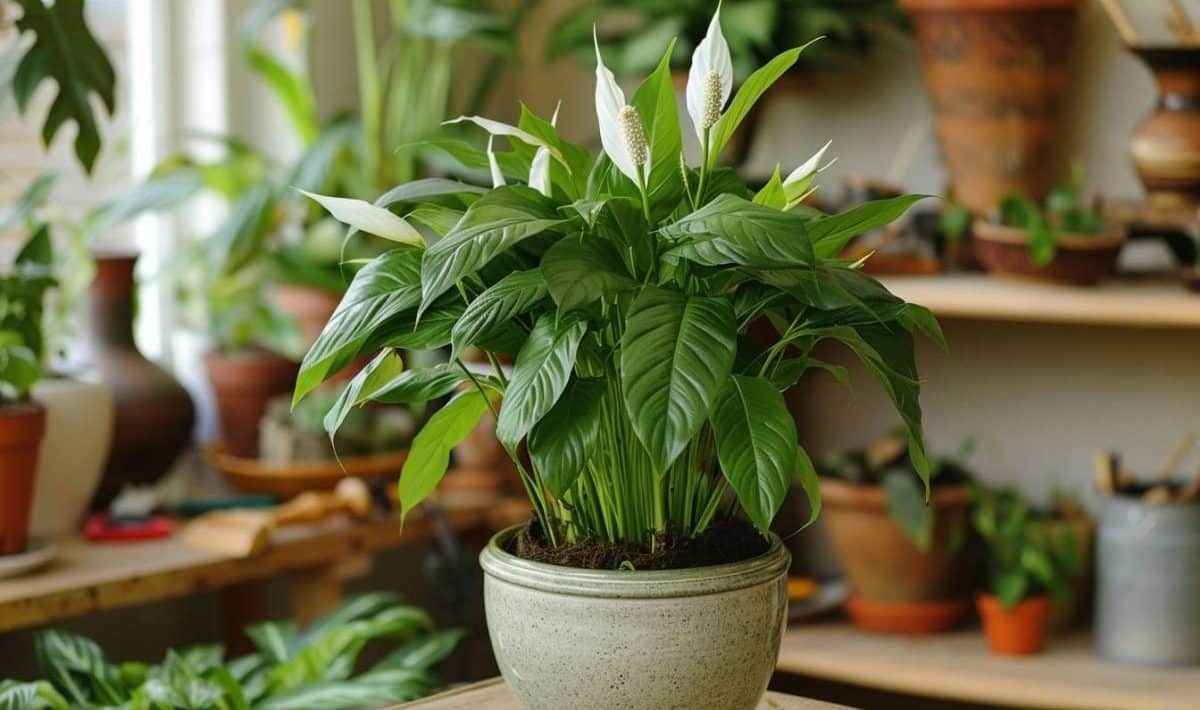




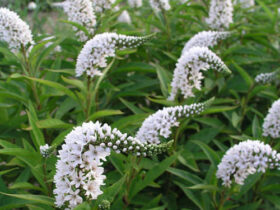

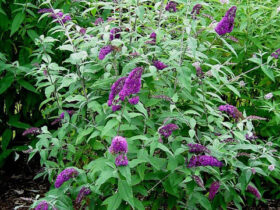




Leave a Review